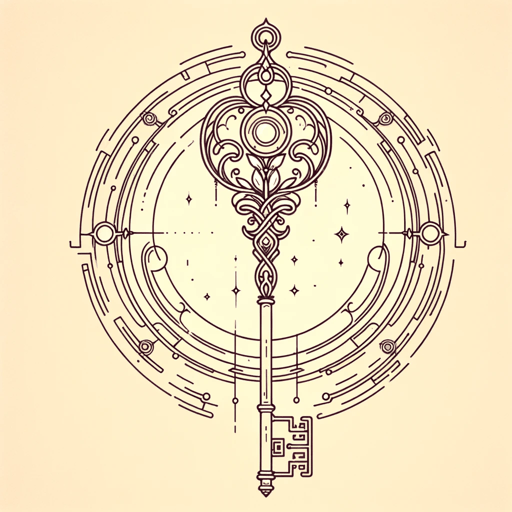53 pages • 1 hour read
Neil GaimanThe Ocean at the End of the Lane
Fiction | Novel | YA | Published in 2013A modern alternative to SparkNotes and CliffsNotes, SuperSummary offers high-quality Study Guides with detailed chapter summaries and analysis of major themes, characters, and more.
Summary and Study Guide
Overview
In The Ocean at the End of the Lane (2013), a dark fantasy novel by Neil Gaiman, a young boy accidentally brings an evil entity from another reality into his world, and he needs the help of three mysterious women to try to get rid of the threat. A number-one New York Times bestseller, the novel won several honors, including the British Book Awards Book of the Year and the Locus Award for best fantasy novel. It has been adapted for the stage and is in development as a motion picture as of 2023.
Gaiman earned notice as the writer of the DC Comics series The Sandman and dozens of other comic books and graphic novels. He has also written and directed for film and television. Gaiman’s best-selling fantasy novel American Gods won 10 awards and has been adapted for the screen. He has won more than 80 awards for his various works.
This guide is based on the 2014 eBook version of the original edition.
Content Warning: The Ocean at the End of the Lane depicts death by suicide, body horror, the attempted murder of a child, and other brief moments of violence. Though the novel’s Lexile score of 810L makes it accessible to fourth-graders, the subject matter and certain intense scenes suggest it may not be suitable for younger readers.
Plot Summary
The narrator goes to the town where he grew up to attend a funeral. He visits an old farm and sits by a pond behind the farmhouse, where he remembers a series of extraordinary incidents that took place there when he was seven.
As a young boy, the narrator lives with his parents and sister in a respectable home on an unpaved road. In the ancient farmhouse at the end of the lane live the Hempstocks: an 11-year-old girl, Lettie; her mother, Ginnie Hempstock; and her grandmother, Old Mrs. Hempstock. The farm supplies milk to local distributors. On the property is a pond that Lettie calls an ocean: She insists that, to get to the farm when she was a baby, she journeyed across its vastness.
The narrator’s parents rent out his room to boarders, one of whom, an opal miner, steals the family car and dies by suicide in its back seat. Ginnie somehow knows what the man wrote in his goodbye letter: He gambled away all his money and that of his clients, and he hopes they’ll forgive him.
One morning, the narrator wakes up choking on a coin. His sister accuses him of throwing coins at her. Lettie says the opal miner’s death has released some sort of power that’s trying to pay people back but doing it badly. The narrator and Lettie walk across the farm until they enter an alternate universe, where they find a large being made of flapping cloth: It’s causing the money problems in the human world. Lettie speaks a magical incantation that binds the creature to its place so it can no longer interfere. During the confrontation, the narrator briefly lets go of Lettie’s protective hand, and a wormlike thing gets into his foot. At home, he manages to pull out the worm, but a piece of it remains lodged inside him.
The next day, the narrator’s mother, who’s gotten a job as an optometrist, introduces him and his sister to their new daytime caretaker, Ursula Monkton. She seems kind, but the narrator has a bad feeling about her. He sneaks off to tell Lettie, but Ursula meets him on his way there, and, when he runs home, she’s already inside, where she promises he won’t be able to escape her. He tries to call the Hempstocks, but Ursula’s voice controls the phone, and when he wants to talk to his father about her, she prevents it. He realizes she’s the cloth creature, who escaped her world and invaded his through the worm in his foot.
On the following day, the narrator’s father returns early. His mother is away until late in the evening, and his father and Ursula spend time flirting. At dinner, the boy refuses to eat what Ursula cooks and declares she’s not a human but a monster. The boy’s father tries to make him apologize, but he refuses, runs upstairs, and locks himself in the bathroom. His father breaks down the door, grabs him, fills the tub with cold water, and tries to drown him. The boy grabs his father’s necktie and pulls himself up; his father gives up and sends him to his room.
The narrator’s father and Ursula lock him in, but he escapes. Outside, through a window, he sees his father and Ursula embracing. He runs through the rainy night toward Lettie’s house. Ursula catches up and, floating above him, taunts him, saying he has no chance against her. Lettie arrives, causes the landscape to glow brilliantly, and the glow hurls Ursula away into the night.
Lettie brings the narrator to her house, where her family provides him with a bath, a dry nightgown, and a delicious dinner. Lettie’s grandmother pulls the remaining bit of wormhole from the boy’s foot and places it in a jar. The boy’s parents show up, looking for him, but Old Mrs. Hempstock removes bad memories from their minds, and Ginnie convinces them that they’ve let the boy stay overnight.
The next day, the narrator and Lettie return to his house, where the latter uses magic toys to trap Ursula on the property. Lettie asks Ursula to use the wormhole to leave before shadowy hunger birds come for her. Ursula tries, but a piece of the wormhole is stuck in the boy’s heart. The hunger birds dive from the sky and devour Ursula; then, they want to consume the boy. Lettie places him in a fairy circle on the property and tells him not to leave. The hunger birds try to get him to come out, but he bravely refuses all their attempts.
Lettie returns with a bucket of water from her pond. The narrator steps into the bucket, falls into a deep ocean, understands at once all the secrets of the universe, and sees that Lettie is a being made of rippling, silky sheets and candlelight. He surfaces and finds he’s standing knee-deep in the pond. Lettie helps him out, but he’s already completely dry.
Lettie, Ginnie, and the narrator walk outside in the darkness to confront the hunger birds. They flock just outside the farm’s magical realm and insist that they can’t leave until the boy and the piece of wormhole stuck in his heart are consumed. Threatening to eat the universe unless they’re given what they want, they consume a tree and a fox, then fly up and begin devouring stars in the sky. The boy can’t bear to be the cause of the end of everything; he lets go of Lettie’s hand and runs across a field, offering himself as a sacrifice. Lettie knocks him down and protects him while the hunger birds attack her to get to him.
Old Mrs. Hempstock appears as a tall, regal woman who demands the hunger birds relent, or she’ll have them all destroyed. The hunger birds replace the stars, fox, and tree and depart. Lettie, grievously injured, appears near death. The group takes her to the pond, which turns into an ocean and absorbs her.
Decades later, the narrator finishes his remembrance. Old Mrs. Hempstock and Ginnie appear; they explain that Lettie wanted him to visit the pond so she can see how he’s doing. He learns that she didn’t save him from the birds: They killed him, but she took him to the pond and revived him. He realizes that Lettie, Ginnie, and Old Mrs. Hempstock are the same being in different forms.
The narrator thanks Old Mrs. Hempstock and departs. As he leaves, he forgets the pond, the farmhouse, and his adventures there.
Related Titles
By Neil Gaiman
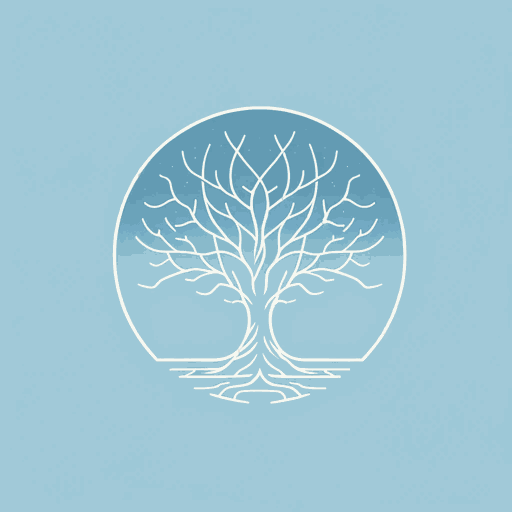
American Gods
Neil Gaiman
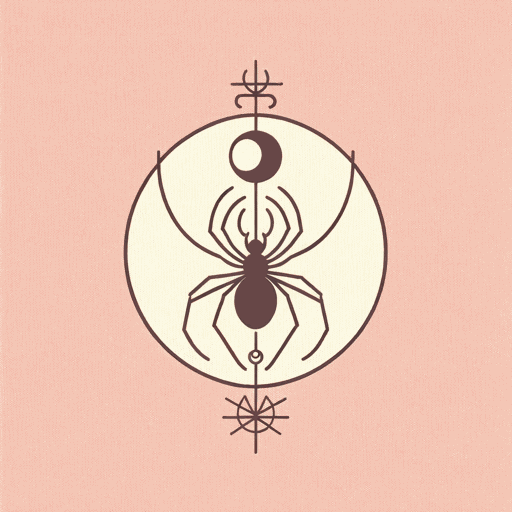
Anansi Boys
Neil Gaiman
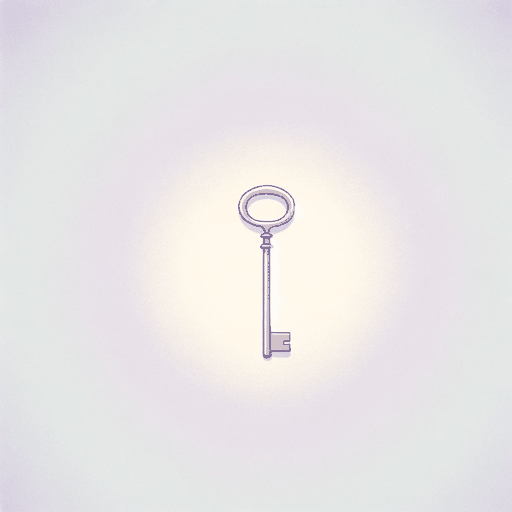
Coraline
Neil Gaiman
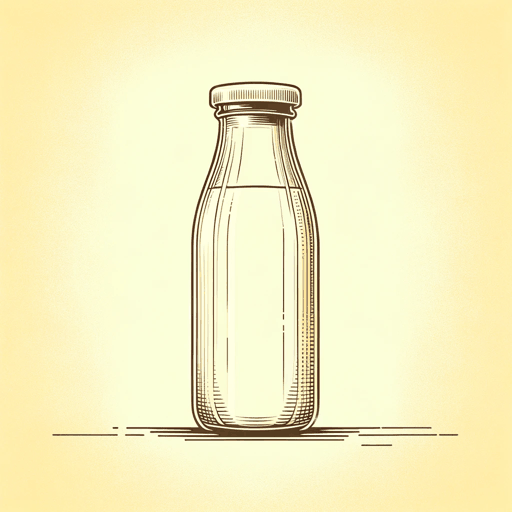
Fortunately, the Milk
Neil Gaiman
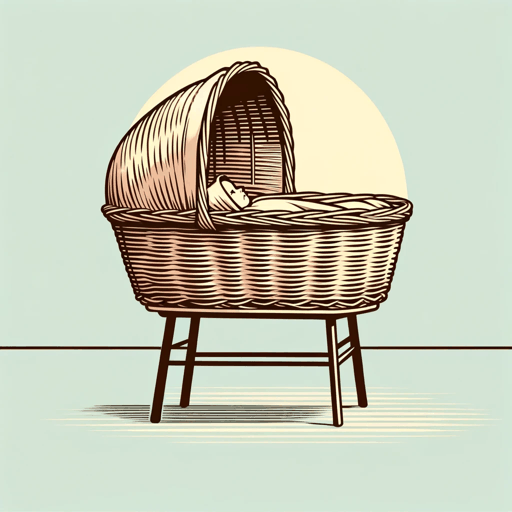
Good Omens: The Nice and Accurate Prophecies of Agnes Nutter, Witch
Neil Gaiman, Terry Pratchett
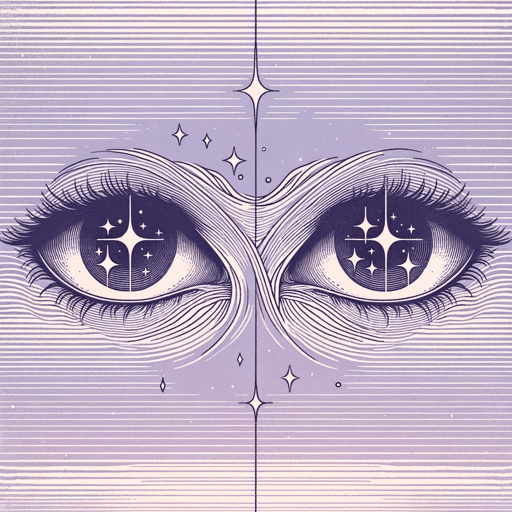
How to Talk to Girls at Parties
Neil Gaiman
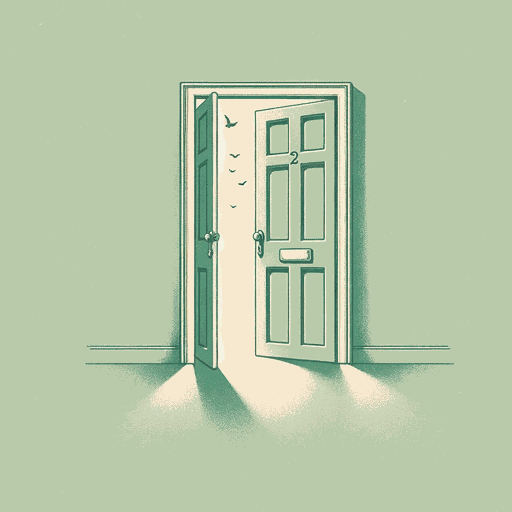
Neverwhere
Neil Gaiman
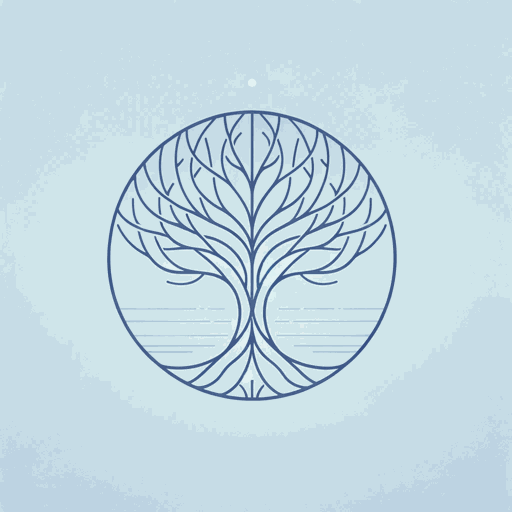
Norse Mythology
Neil Gaiman
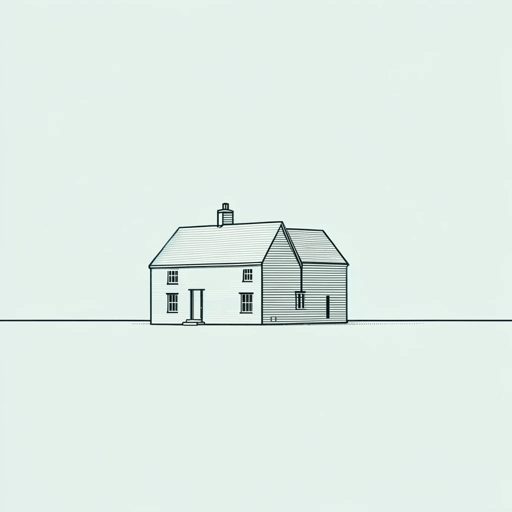
October in the Chair
Neil Gaiman
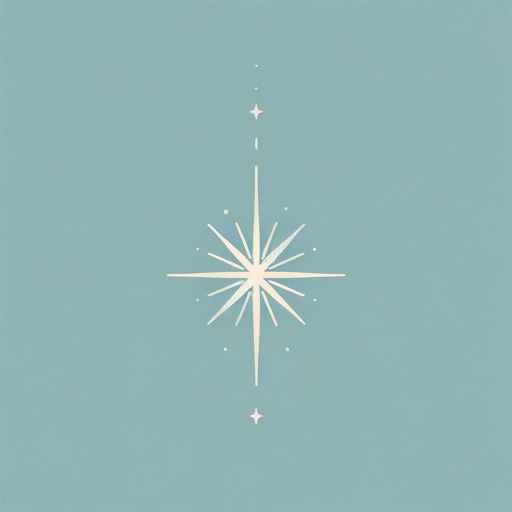
Stardust
Neil Gaiman
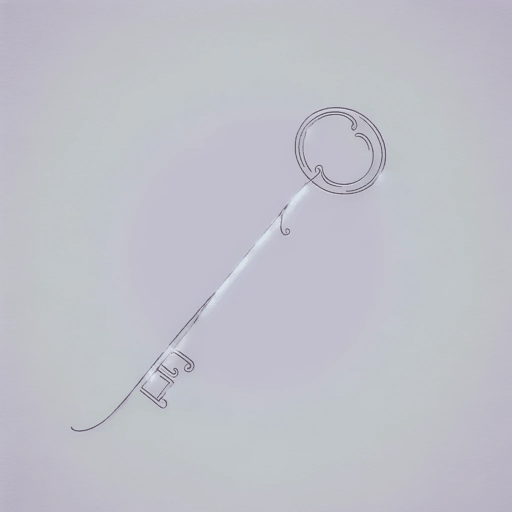
The Graveyard Book
Neil Gaiman
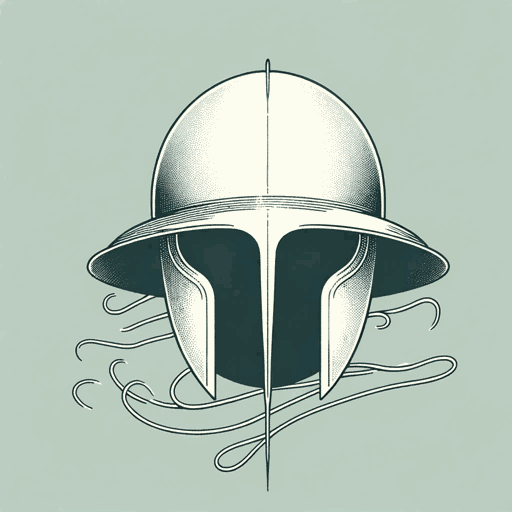
The Sandman Omnibus Vol. 1
Neil Gaiman

The Sleeper and the Spindle
Neil Gaiman
Featured Collections
Appearance Versus Reality
View Collection
Coming-of-Age Journeys
View Collection
Family
View Collection
Good & Evil
View Collection
Magical Realism
View Collection
Memory
View Collection
New York Times Best Sellers
View Collection
Popular Book Club Picks
View Collection
Safety & Danger
View Collection
The Best of "Best Book" Lists
View Collection
Truth & Lies
View Collection
